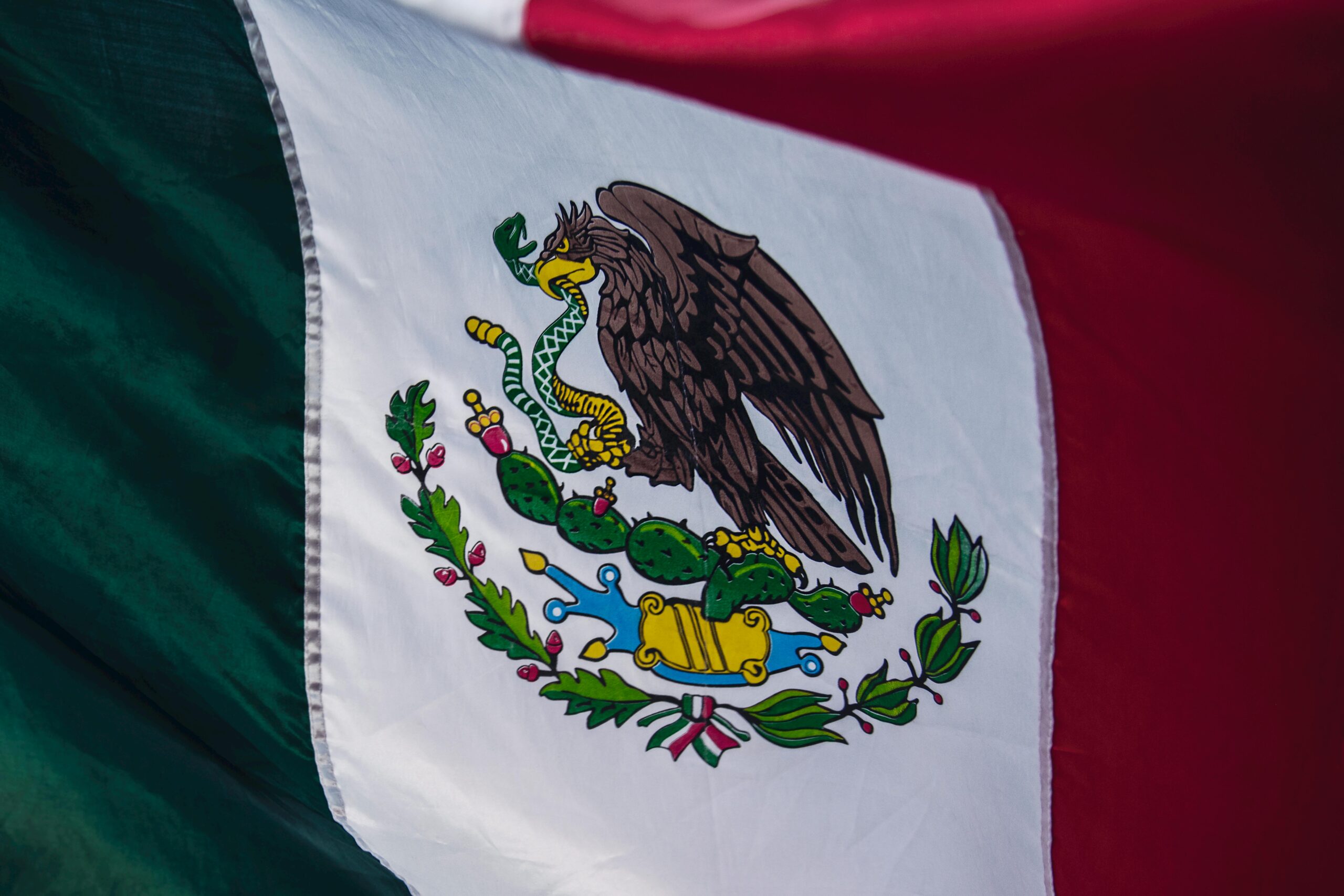On May 9, 2025, Mexican President Claudia Sheinbaum announced that Mexico has officially filed a lawsuit against Google for renaming the Gulf of Mexico to the “Gulf of America” on Google Maps for users in the United States. This legal action stems from a contentious decision by Google to implement a name change following an executive order signed by U.S. President Donald Trump in January 2025, which was later codified into federal law by U.S. lawmakers. The move has sparked diplomatic tensions and raised questions about sovereignty, international law, and the role of private companies in geopolitical disputes.
Background of the Dispute
The Gulf of Mexico, a body of water bordered by the United States, Mexico, and Cuba, has been known by its current name for over 400 years, with historical references dating back to at least 1607. The United Nations recognizes the name, and it holds significant cultural and historical importance for Mexico. On January 20, 2025, Trump signed an executive order renaming the U.S. portion of the gulf’s continental shelf the “Gulf of America” as part of a broader initiative to “honor American greatness.” The order was swiftly reflected in U.S. government databases, including the Geographic Names Information System (GNIS), prompting Google to update its maps for U.S.-based users to display “Gulf of America.” Users in Mexico continue to see “Gulf of Mexico,” while those elsewhere see both names listed as “Gulf of Mexico (Gulf of America).”
Mexico argues that the U.S. has authority only over its own continental shelf, which constitutes roughly 46% of the gulf, while Mexico controls 49% and Cuba 5%. President Sheinbaum has emphasized that renaming the entire gulf exceeds U.S. jurisdiction and infringes on Mexican sovereignty. In February 2025, Sheinbaum warned Google of potential legal action, asserting that the company’s decision to apply the name change across the entire gulf, including Mexican and Cuban waters, was “incorrect” and lacked legal basis. Despite diplomatic efforts, including letters sent to Google in January and February, the tech giant maintained its stance, citing its policy of reflecting names updated in official government sources.
The Lawsuit
Sheinbaum confirmed the lawsuit during a press conference on May 9, 2025, though she did not disclose specific details about where or when it was filed. The Mexican government contends that Google’s actions violate international norms, as the United Nations Convention on the Law of the Sea limits a country’s sovereign territory to 12 nautical miles from its coastline, with additional rights over the continental shelf extending up to 200 nautical miles. Mexico insists that Google must restrict the “Gulf of America” label to U.S.-controlled waters and restore “Gulf of Mexico” for areas under Mexican and Cuban jurisdiction.
The lawsuit marks an escalation of tensions that have been brewing since Google implemented the name change in February 2025. Posts on X reflect strong sentiments in Mexico, with users like @catrina_nortena praising Sheinbaum’s resolve to pursue a civil suit, calling it a “mortal blow” to Google’s overreach. Meanwhile, some U.S. users on X have supported the name change, aligning with Trump’s nationalist rhetoric, while others globally have criticized it as an overstep.
Broader Implications
This dispute is not an isolated incident. Google has faced similar controversies over geographic naming, such as in 2012 when Iran threatened legal action for omitting the term “Persian Gulf” from Google Maps. The current case highlights the challenges private companies face in navigating geopolitical disputes, especially when aligning with one country’s policies risks alienating others. It also underscores strained U.S.-Mexico relations, exacerbated by Trump’s tariff threats and immigration policies. In a sarcastic retort, Sheinbaum suggested renaming the United States “Mexican America,” referencing historical maps from before the 1848 Mexican-American War, when Mexico lost significant territory to the U.S.
The lawsuit’s outcome could set a precedent for how digital platforms handle contested geographic names and whether international law can influence private companies’ mapping policies. For now, Mexico awaits Google’s response, but Sheinbaum’s administration appears determined to defend its sovereignty over the gulf’s name. As this legal battle unfolds, it will likely continue to fuel debates over national identity, historical legitimacy, and the power dynamics of global tech giants.
Sources: CNN, Times of India, BBC, AP News, Reuters, X posts
